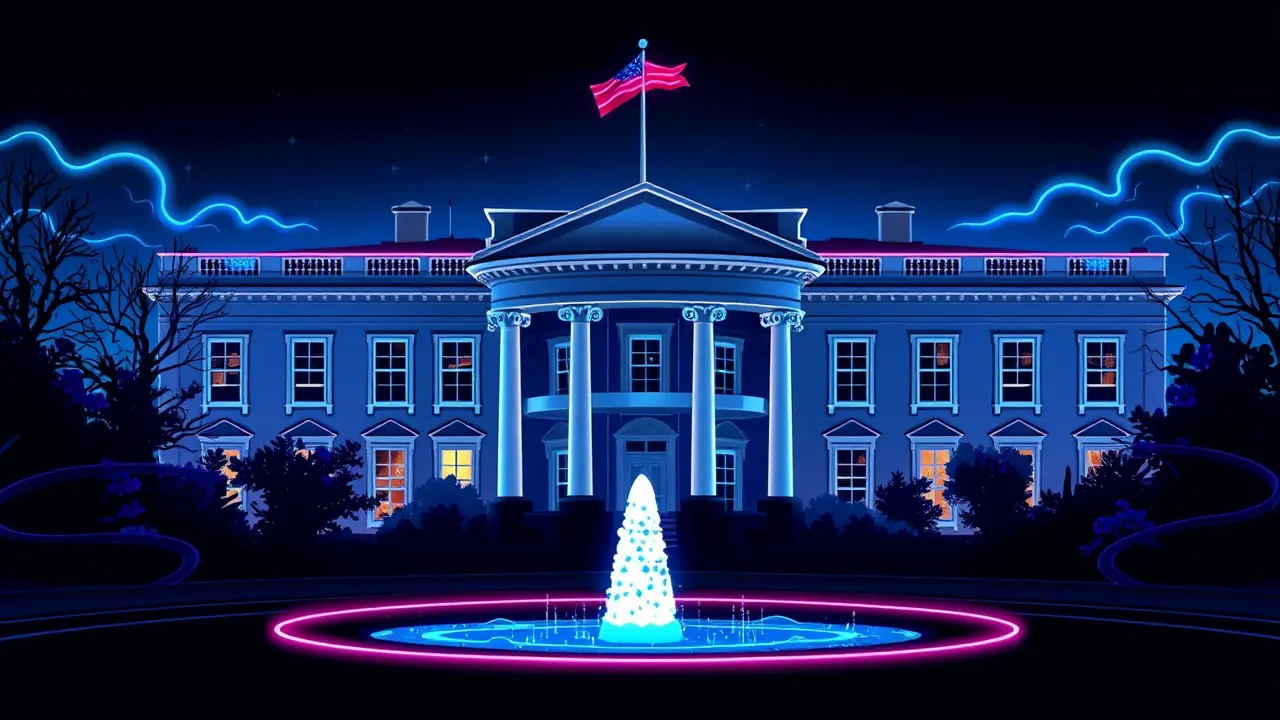
Politicsconflict & defenseMilitary Operations
Japan denies South Korean jets refueling over island dispute.
OL
Oliver Scott
11 hours ago7 min read6 comments
In a move that underscores the persistent fragility of Northeast Asian security alignments, Tokyo has abruptly rescinded a plan to allow South Korean military jets to refuel at a base in Okinawa, a decision triggered by the revelation that the aircraft had recently conducted flights near the contested islets known as Dokdo in Seoul and Takeshima in Tokyo. This revocation, targeting South Korea’s Black Eagles aerobatic team en route to an air show in Dubai, is not merely a logistical snub but a calculated political signal that immediately triggered nationalist anger in both capitals and laid bare the profound risks embedded in any attempt to forge closer defence ties between these historically uneasy neighbours.The incident serves as a stark reminder that in this volatile region, historical grievances are not buried but merely dormant, capable of erupting and derailing carefully laid plans with the slightest provocation. The strategic calculus here is complex; Japan's action, while framed as a response to a specific provocation, must be analyzed within the broader context of a regional arms race, the persistent threat from North Korea's missile and nuclear programs, and the overarching great power competition between the United States and China, which pressures both Japan and South Korea to present a unified front.However, the Takeshima/Dokdo rocks, a cluster of islets occupied by South Korea since 1954 but claimed relentlessly by Japan, remain one of the most potent and emotional flashpoints, a symbol of a colonial past that Japan imposed on the Korean peninsula from 1910 to 1945. For South Korean policymakers, the flights near the islets are a routine assertion of sovereignty over what they consider an integral part of their territory, a non-negotiable point of national pride.From Tokyo's perspective, allowing its military infrastructure to support a force that had just flaunted its presence in a disputed area would be seen as an implicit acceptance of South Korea's claim, an untenable position for any Japanese administration, particularly one facing its own domestic political pressures from a resurgent nationalist base. The scenario planning implications are significant.This refuelling denial creates immediate operational friction, forcing the South Korean air force to seek alternative, likely more costly and complex, routing for future international engagements, thereby undermining the very military interoperability that Washington has long championed. The United States, which maintains major troop presences in both countries and has mutual defence treaties with each, finds itself in a familiar but uncomfortable position, forced to play the role of mediator between two of its most critical Asian allies whose bilateral tensions consistently threaten to undermine a trilateral security architecture designed to counter Pyongyang and Beijing.Expert commentary from regional analysts suggests that while both the administration of South Korean President Yoon Suk Yeol and Japanese Prime Minister Fumio Kishida have made remarkable strides in recent months to mend ties—including a landmark summit to resolve a bitter trade dispute and resume reciprocal military visits—this incident demonstrates the shallow roots of that détente. The political risk of closer defence cooperation is now quantifiable: any forward momentum can be instantly nullified by actions that tap into deep-seated historical animosities.Looking forward, the consequences could range from a managed, quiet de-escalation where both sides agree to sideline the issue to avoid derailing broader cooperation, to a more serious tit-for-tat response from Seoul, perhaps involving the cancellation of a planned naval exercise or a renewed public relations campaign asserting its claim to the islets. The latter path would play directly into the hands of China and North Korea, who benefit immensely from a divided and fractious US alliance network in the region.Historically, such flare-ups have occurred with cyclical regularity, often around symbolic dates or military exercises, but the integration of this specific incident into a logistical military support agreement marks a new level of escalation, transforming a diplomatic spat into a tangible operational constraint. For risk analysts, the key takeaway is that the foundation of Japan-South Korea relations remains brittle; trust is a scarce commodity, and the pathway to a genuinely stable partnership is fraught with the constant potential for unexpected shocks stemming from symbols of a contested past.
#Japan
#South Korea
#Okinawa
#Black Eagles
#refueling
#disputed islands
#diplomacy
#featured
Stay Informed. Act Smarter.
Get weekly highlights, major headlines, and expert insights — then put your knowledge to work in our live prediction markets.
Related News
© 2025 Outpoll Service LTD. All rights reserved.








